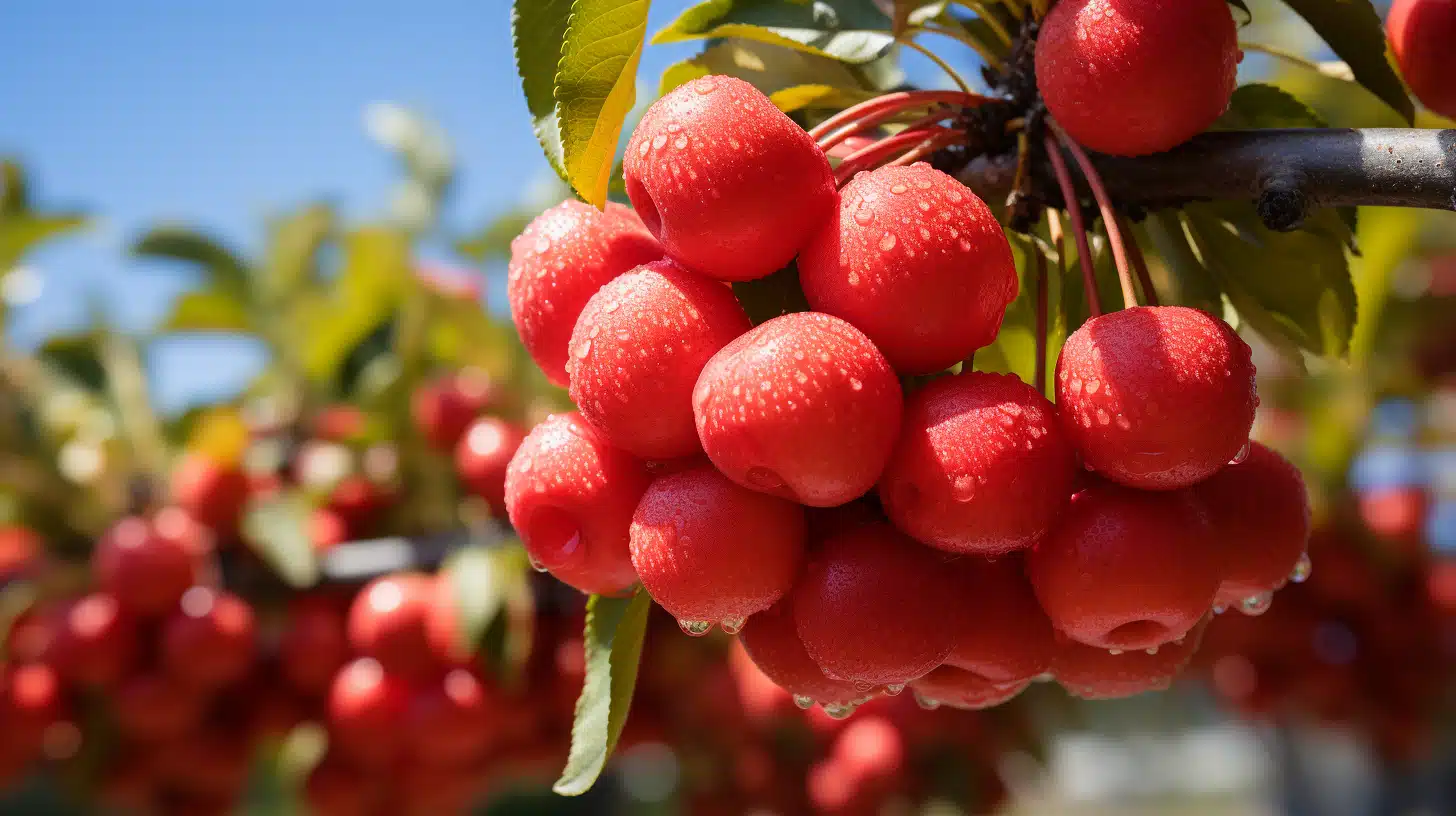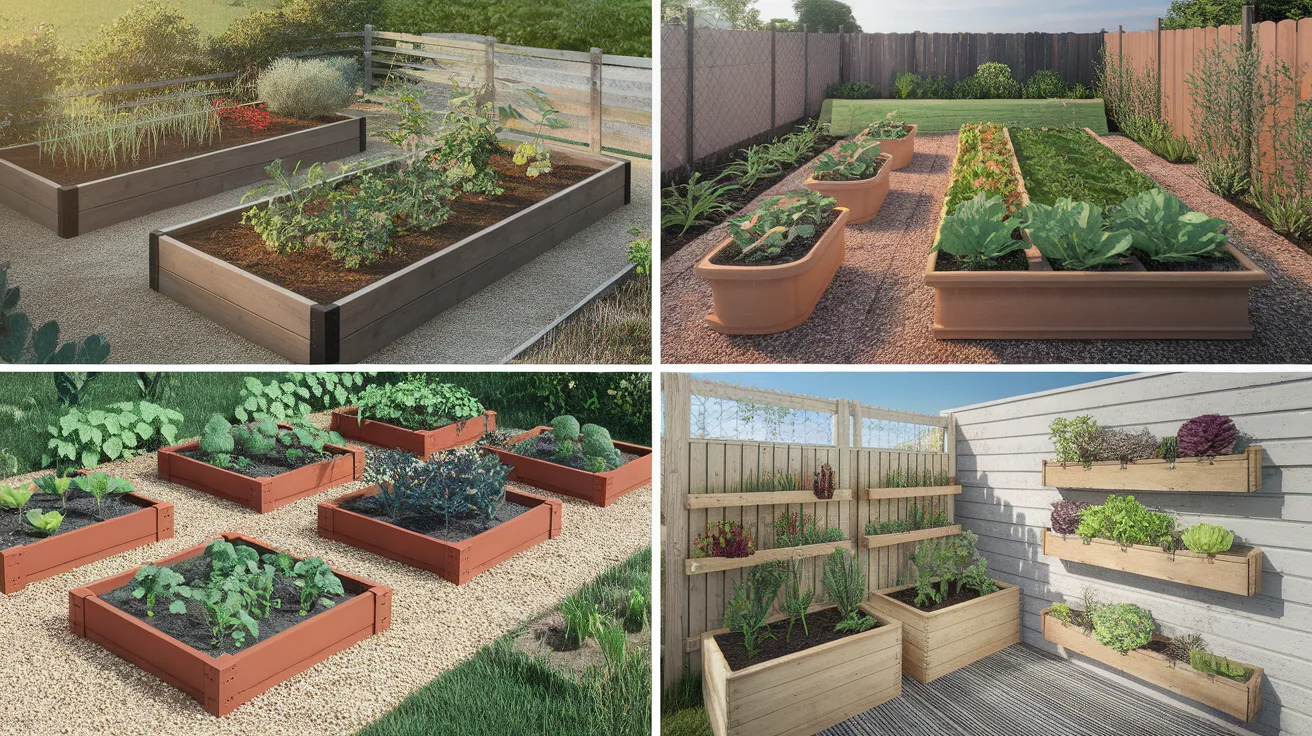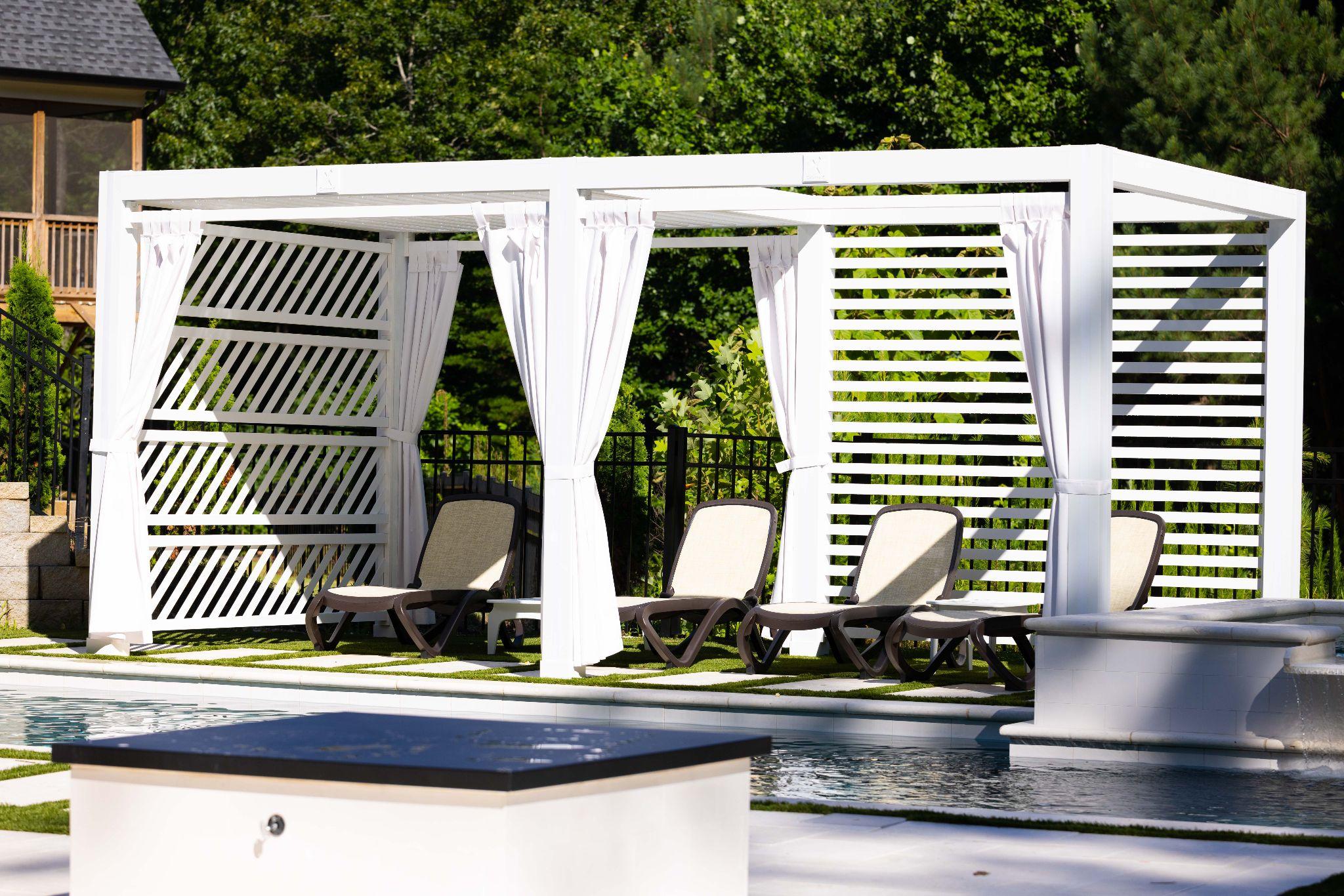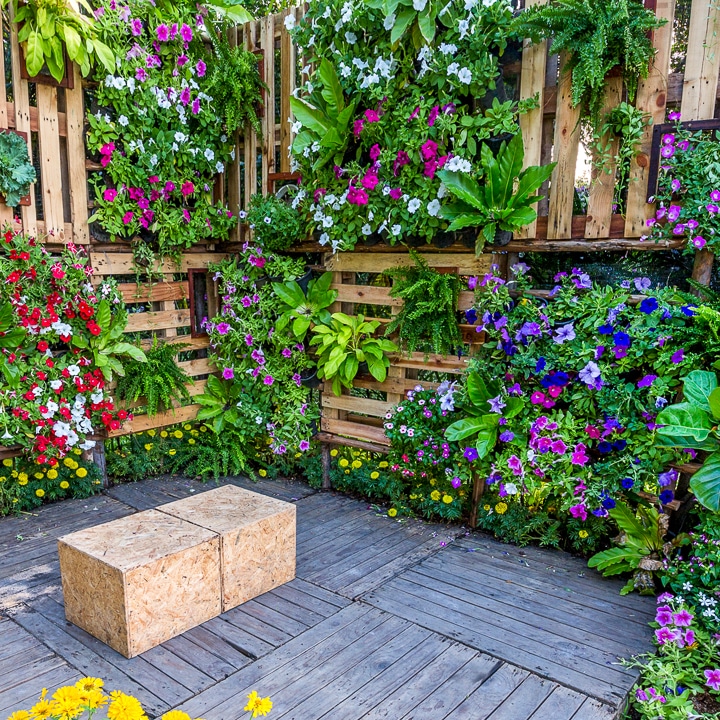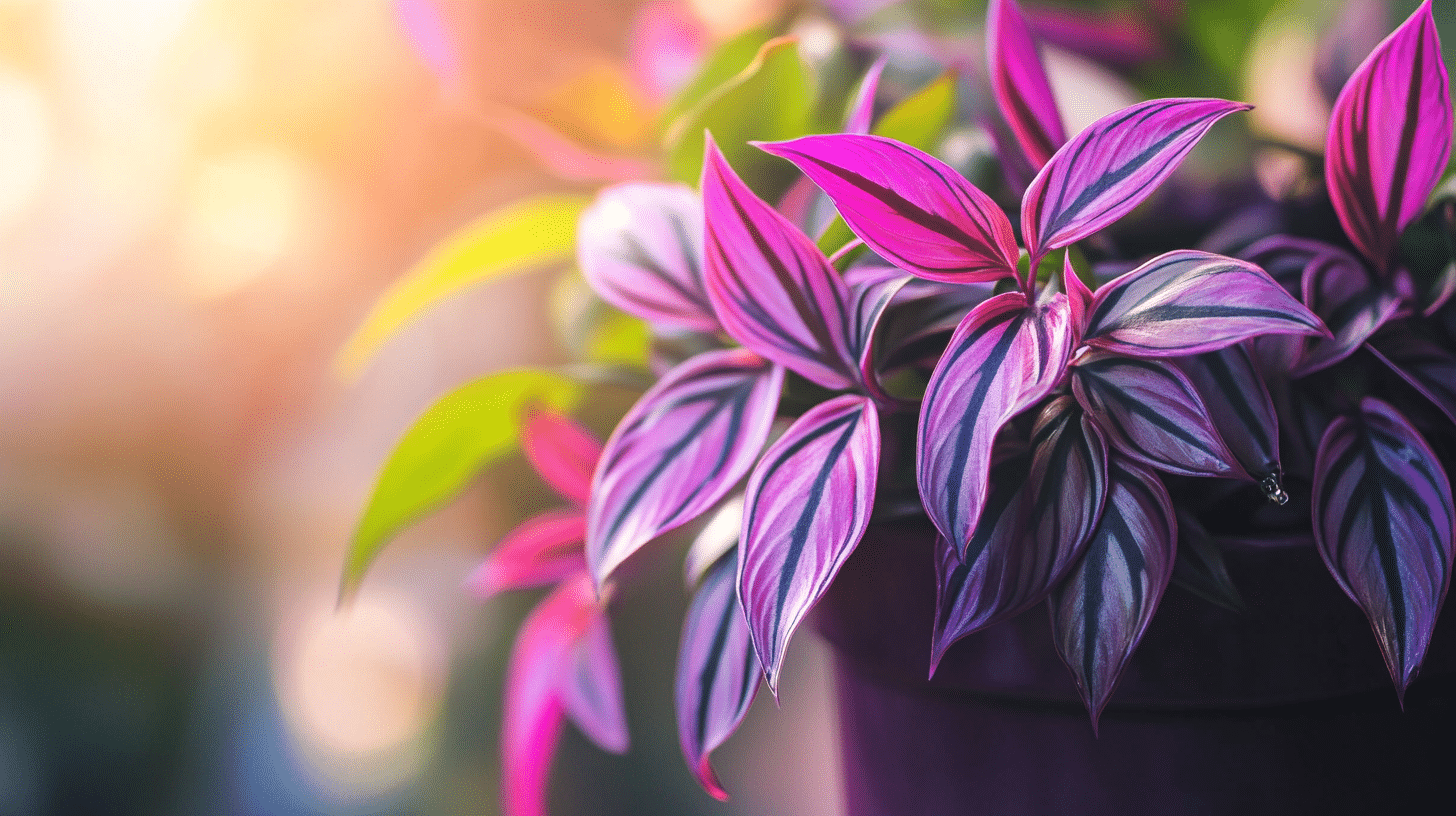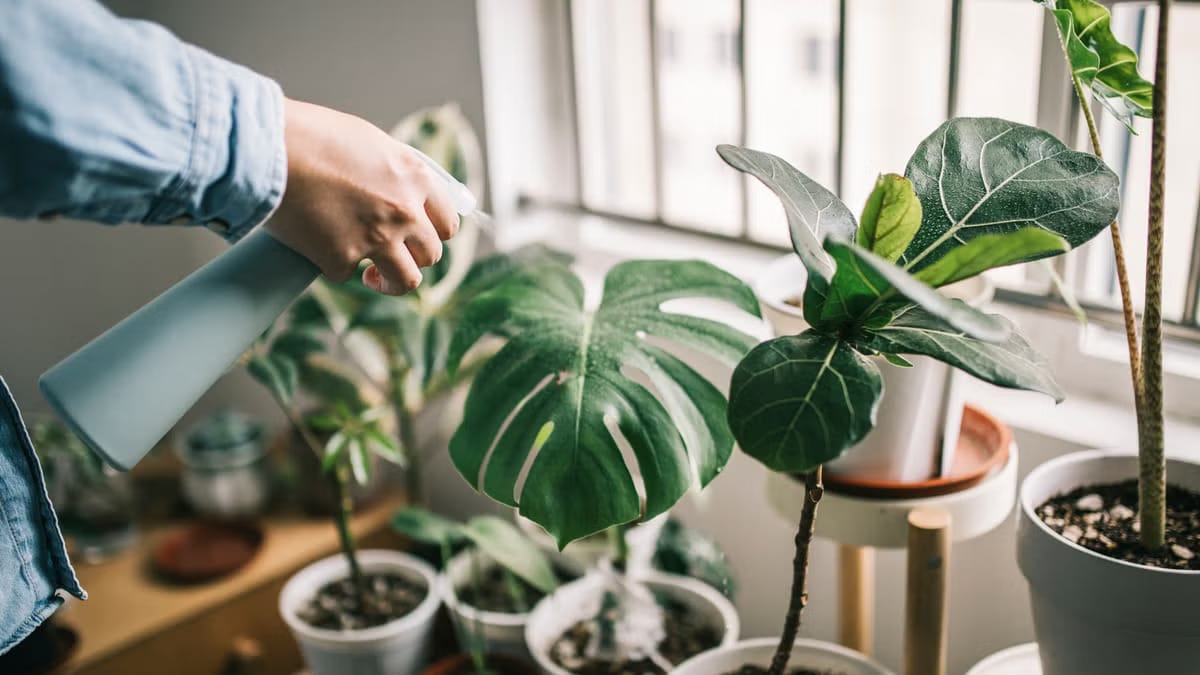The Top 5 Fruit Trees to Grow in Your Pacific Northwest Garden
As a coastal modern home design enthusiast living in the Pacific Northwest, I’m always looking for ways to bring the beauty of nature into my space. One of my favorite ways to do this is by growing my own fruit trees right in my backyard. Not only do they provide delicious fresh fruit, but fruit trees also add lovely pops of color and texture to the landscape.
If you’re thinking about planting some fruit trees in your PNW garden, here are my top 5 recommendations for varieties that thrive in our climate:
1. Apple Trees
Apples are a classic choice that grow extremely well in the Pacific Northwest. Some of the best varieties for our region include:
- Honeycrisp – A sweet, crisp apple that ripens in late September. The trees are very hardy.
- Fuji – Fuji apples are sweet, firm, and store well. They are ready to harvest in October.
- Gravenstein – An old-fashioned variety that has a sweet-tart flavor. The trees are very productive.
When planting apple trees, make sure to choose a sunny spot with well-draining soil. Apples require a pollinator, so plant at least two varieties for the best fruit set.
2. Pear Trees
Pears are another excellent fruit tree option for Pacific Northwest gardens. European pears, in particular, grow very well in our climate. Some top varieties include:
- Bartlett – The quintessential pear with a smooth, buttery texture. The trees are vigorous and productive.
- Comice – Comice pears are exceptionally sweet and juicy. They ripen in late September.
- D’Anjou – A firm pear with a mild flavor that stores well. The trees are hardy and disease-resistant.
Pears bloom early, so plant them in a spot that is protected from late spring frosts. They also require a pollinator, so plant at least two varieties.
3. Plum Trees
Plums are a delicious and low-maintenance fruit tree option. Some varieties that do especially well in the PNW include:
- Italian Prune Plum – These freestone plums have a rich, sweet flavor. The trees are self-fertile.
- Shiro – A sweet, yellow plum with a mild flavor. The trees are compact and productive.
- Beauty – Beauty plums have a sweet, mild flavor and ripen in August. The trees are self-fertile.
Plums prefer well-draining soil and full sun. Many varieties are self-fertile, so you only need to plant one tree.
4. Cherry Trees
Sweet cherries and tart pie cherries both grow well in the Pacific Northwest climate. Some excellent varieties to try:
- Bing – A classic dark sweet cherry that ripens in June. The trees get quite large.
- Montmorency – The most popular tart cherry variety. The fruits are bright red and ripen in July.
- Lapins – A self-fertile sweet cherry that produces large, firm fruits. The trees are compact.
Cherries bloom early, so plant them in a protected spot. Tart cherries are self-fertile, but most sweet cherries require a pollinator.
5. Figs
While not as common, figs can grow surprisingly well in the Pacific Northwest, especially in warmer microclimates. Some varieties to consider:
- Desert King – A green fig with strawberry-colored flesh. The trees are very hardy.
- Negronne – A black fig with sweet, jammy flesh. The trees are productive and hardy.
- Lattarula – A green fig with a rich, honey flavor. The trees are vigorous and productive.
Figs grow best in warm, sunny locations with well-draining soil. They are self-fertile and can even be grown in containers.
When selecting fruit trees for your Pacific Northwest garden, it’s important to choose varieties that are well-suited to our climate. Look for trees that are hardy, disease-resistant, and have a relatively short growing season.
Some of the best fruit trees for pacific northwest include apples, pears, plums, cherries, and figs. By choosing the right varieties and providing them with the proper care, you can enjoy delicious homegrown fruit and add beauty to your coastal modern landscape for years to come.
I hope this guide has given you some inspiration for growing fruit trees in your own PNW garden. With a little research and planning, you’ll be harvesting your own delicious apples, plums, and cherries before you know it! Let me know in the comments what varieties you decide to plant.

